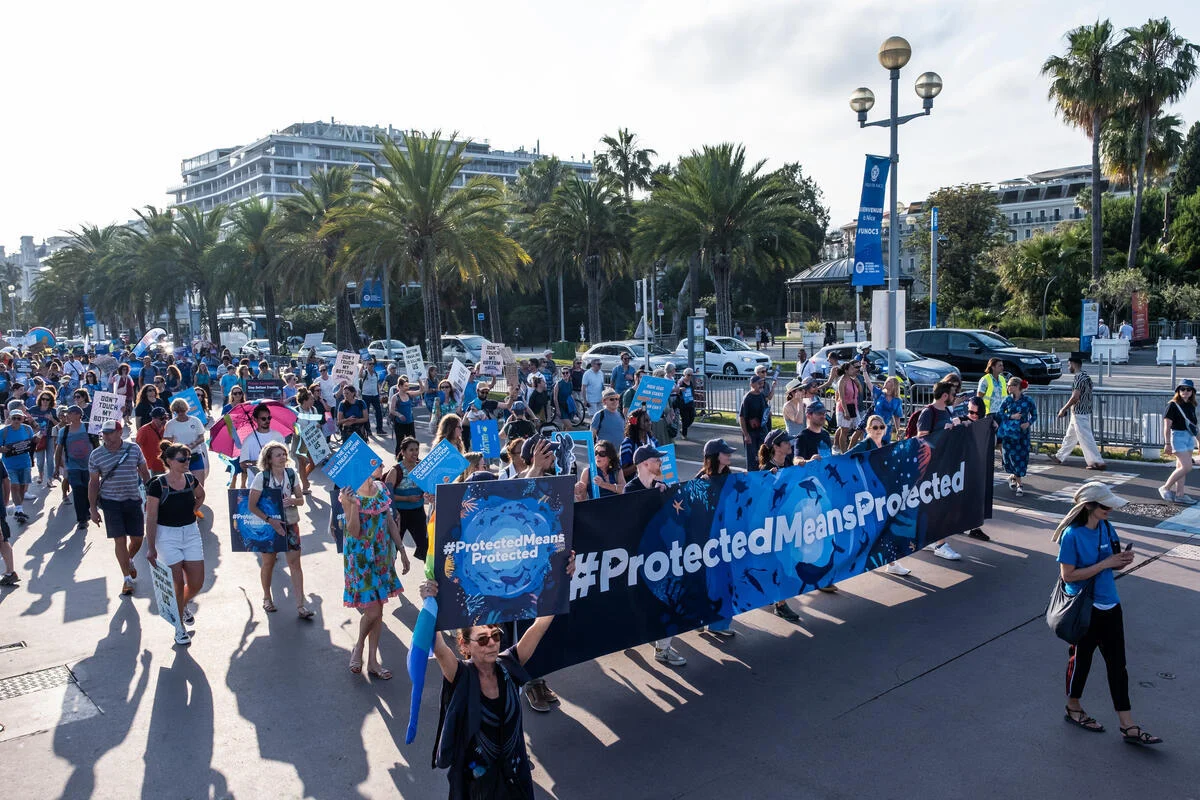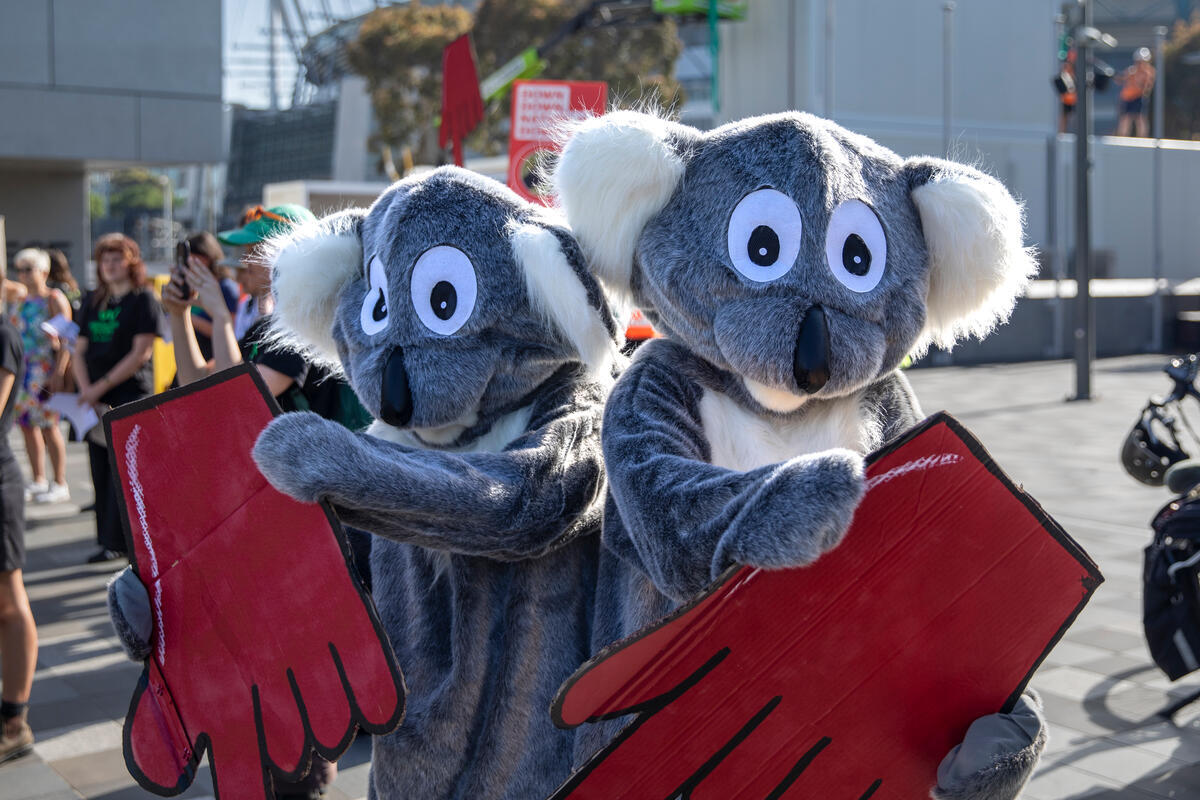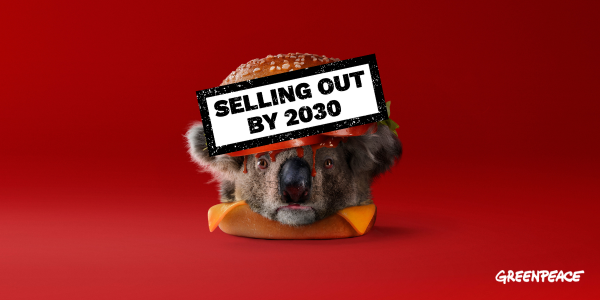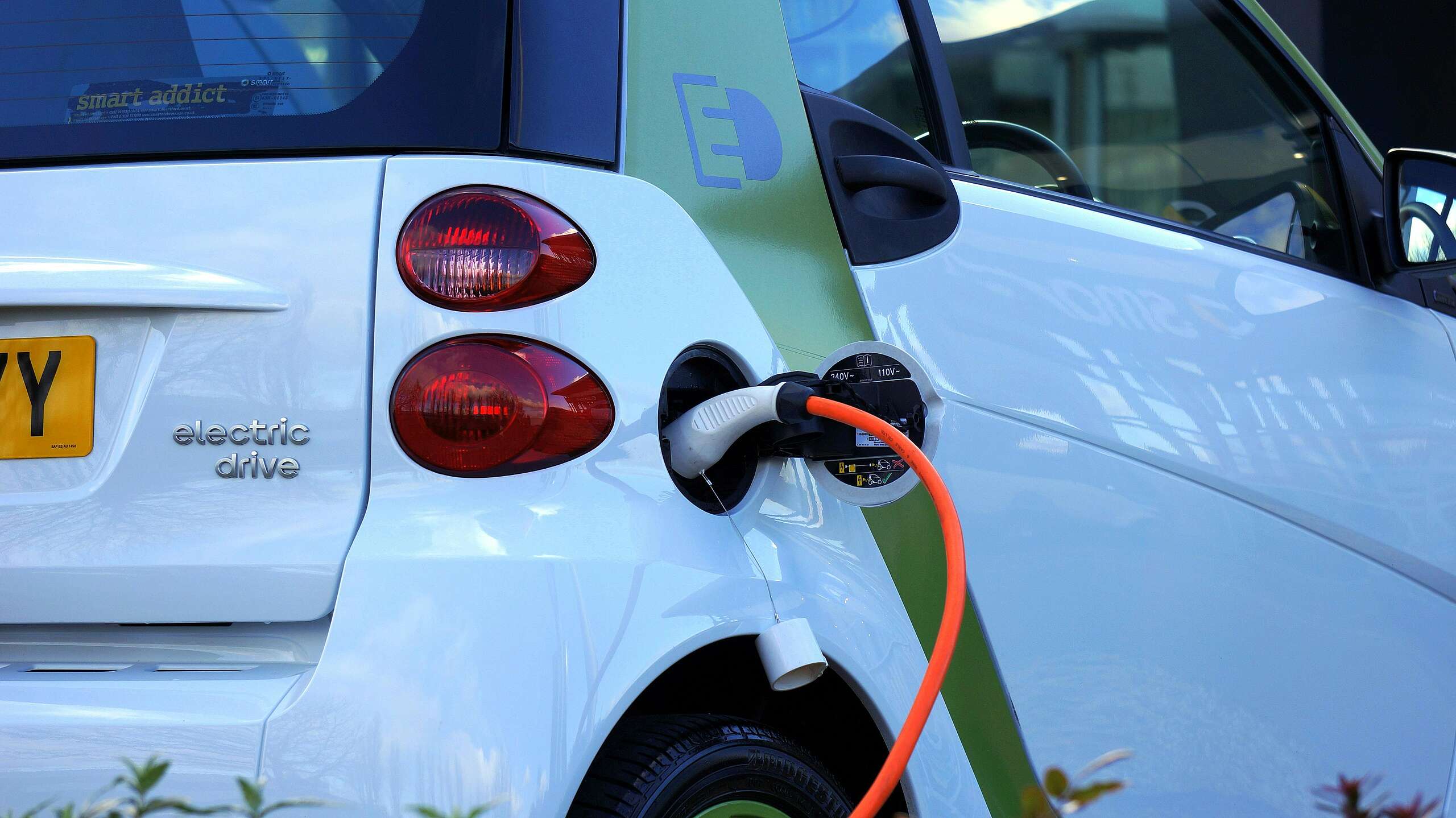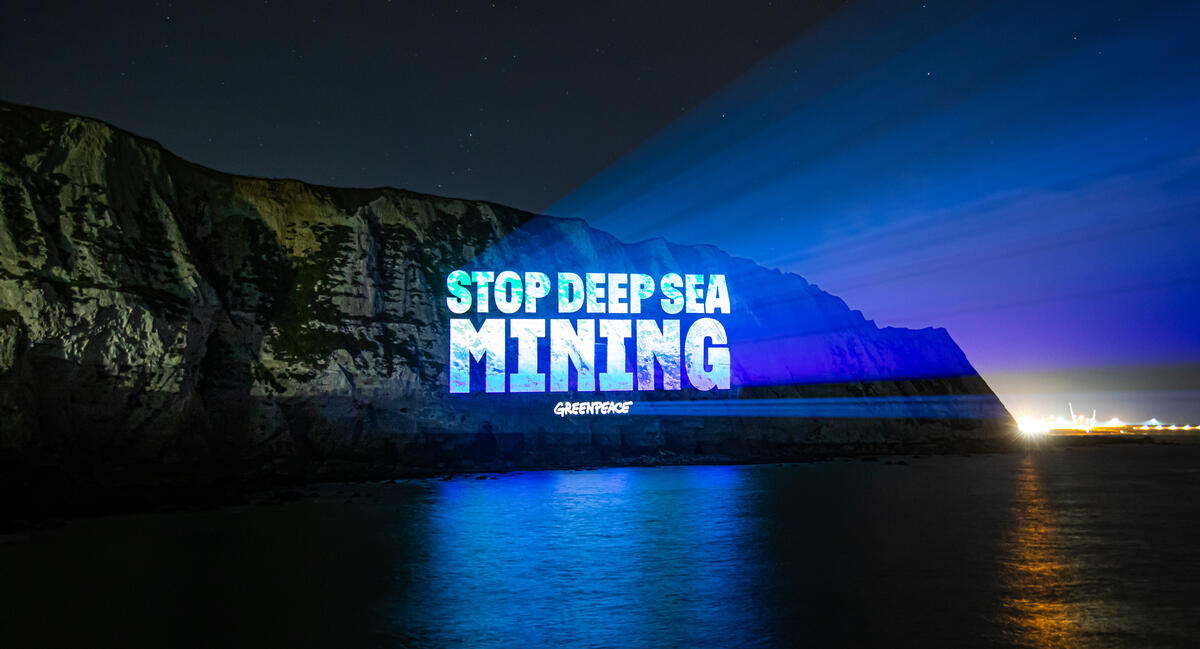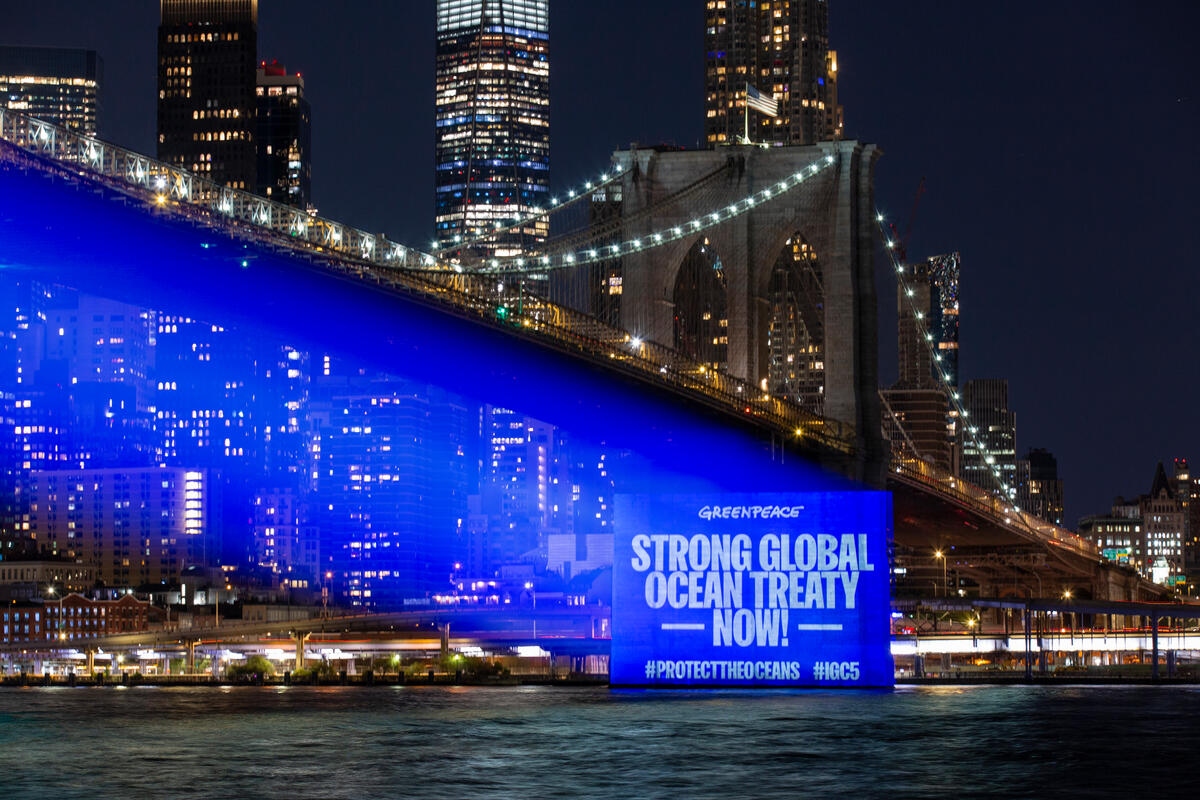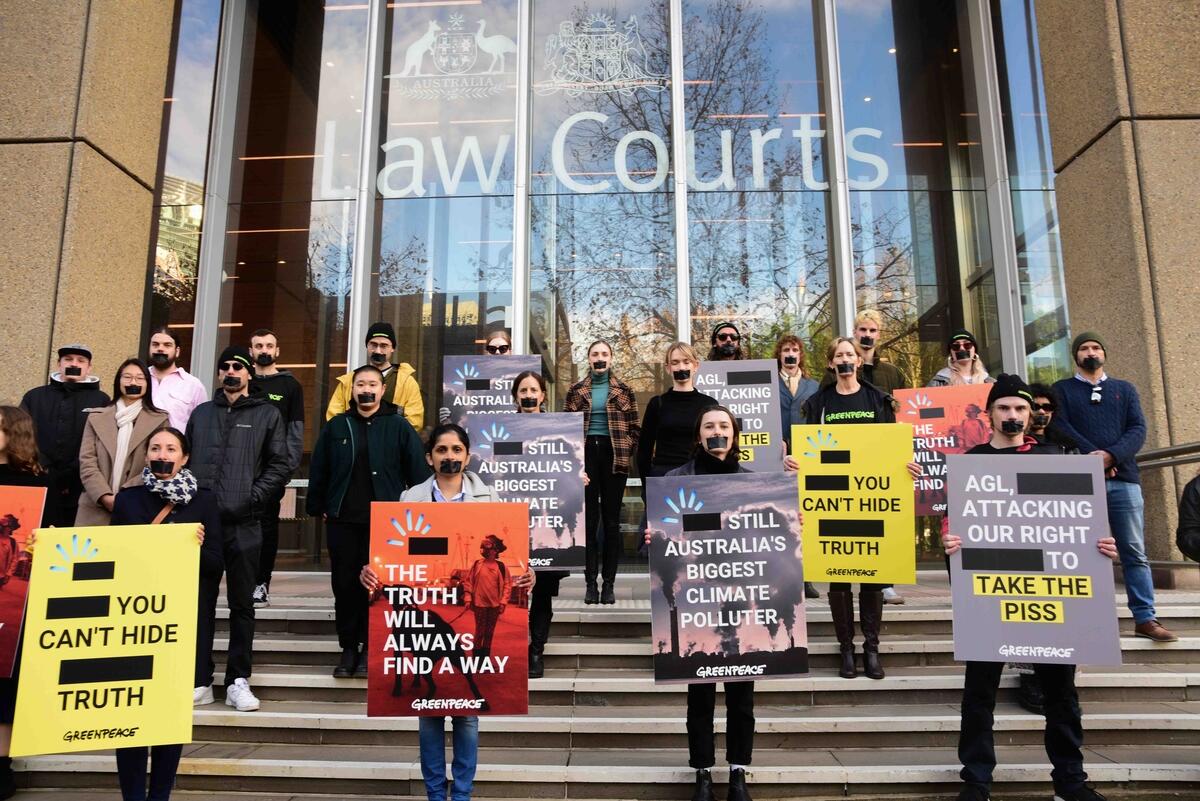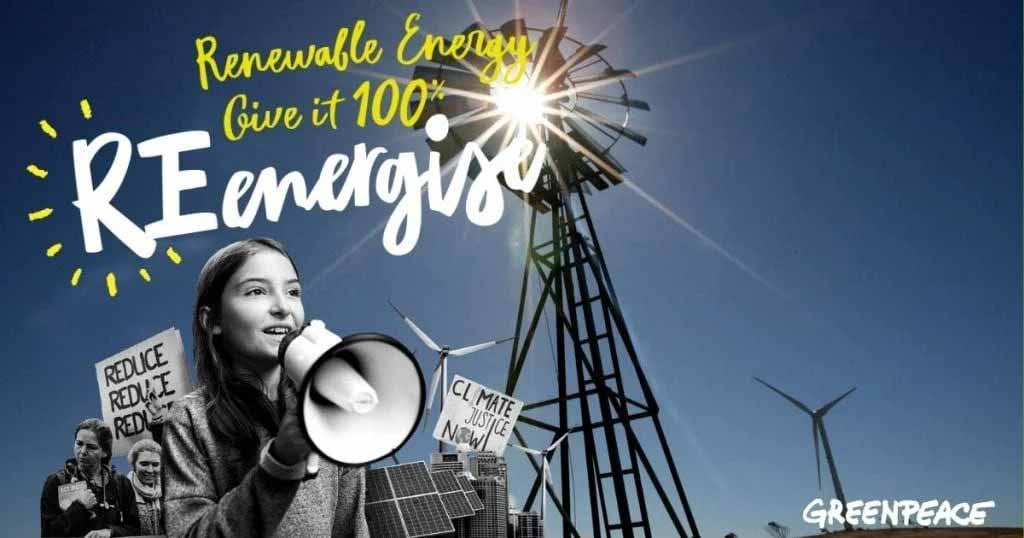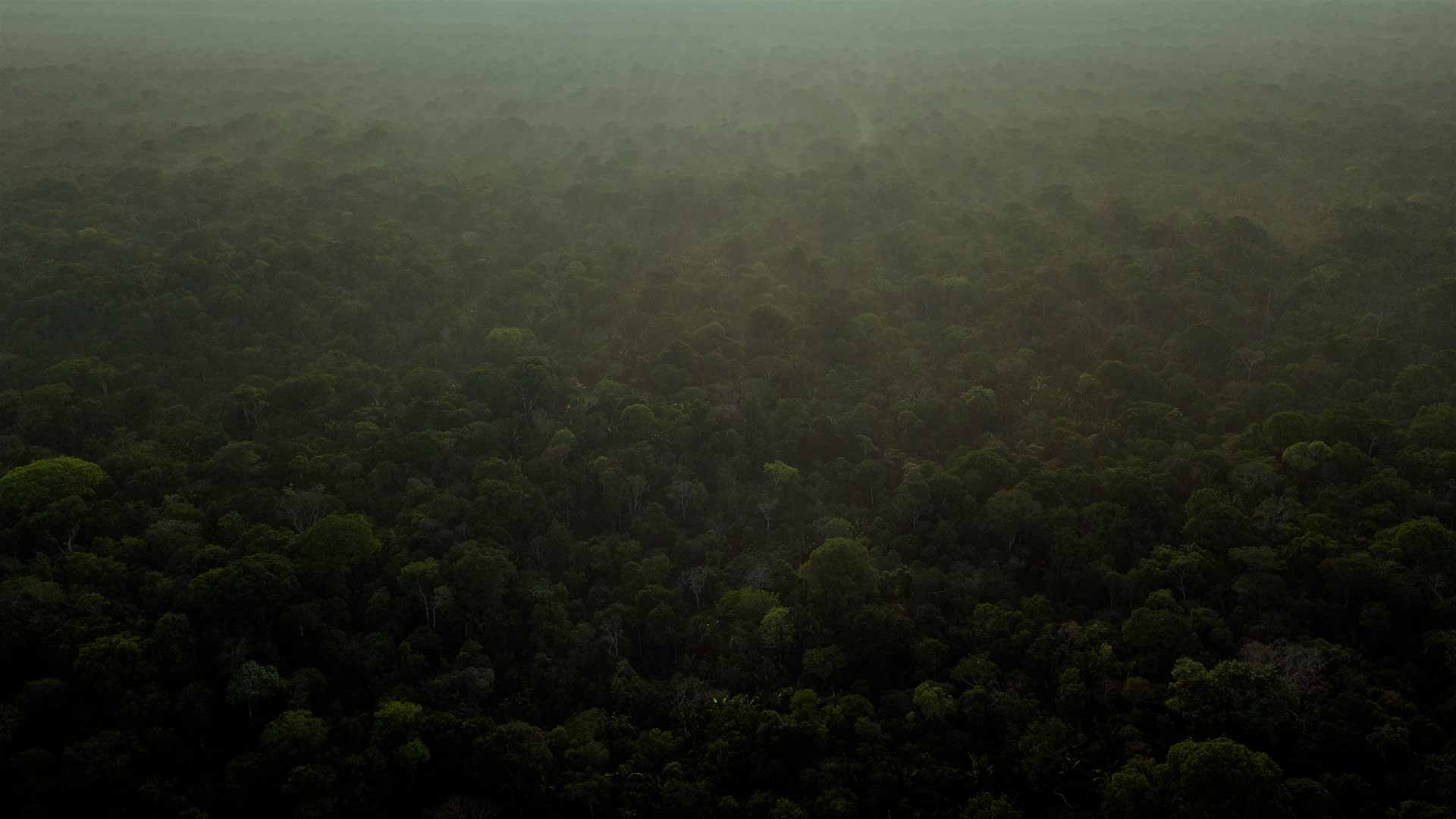Greenpeace Victories
Explore our courageous campaign victories and milestones made possible through the actions of supporters, donors and allies across the world.
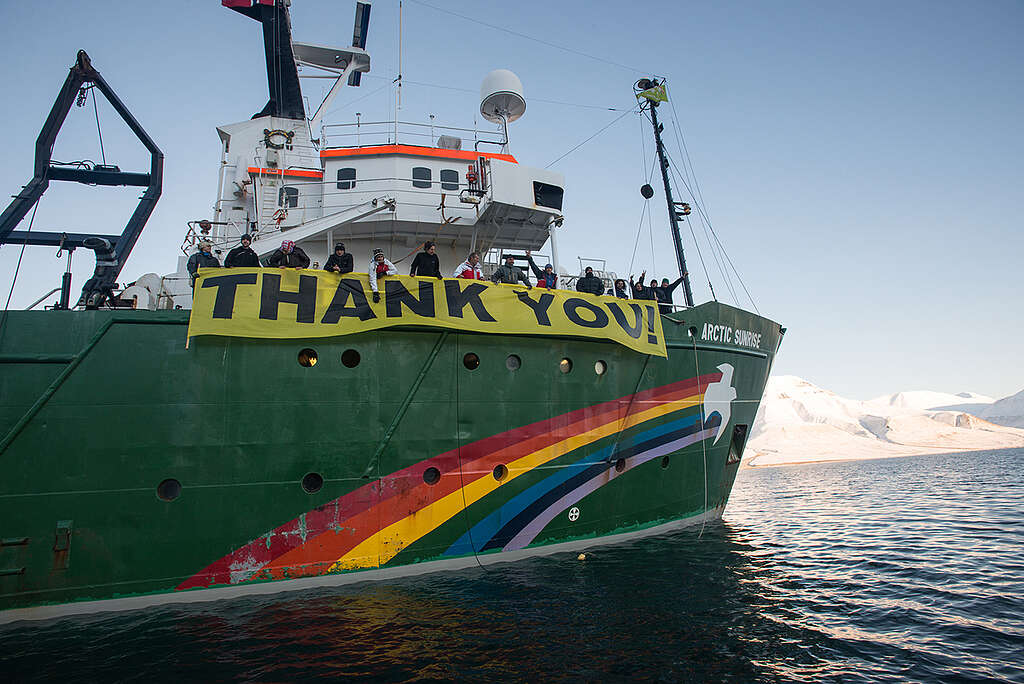
Your Impact
Want to learn more about what we can achieve when you partner with Greenpeace?
Discover this and much more in our Impact Reports
Recent victories
-
Global Ocean Treaty now in force, because of you.
Big news for our ocean, the Global Ocean Treaty is now in force. This landmark moment brings the Treaty to life, giving governments the power to create marine sanctuaries in international waters and turn decades of people powered advocacy into real protection for the ocean.
-
Campaign win! McDonald’s commits to taking deforestation off the menu
After thousands of Aussies called out the fast food giant, McDonald’s has committed to only sourcing deforestation-free beef. But McDonald’s will only do this by 2030, 5 years later than…
-
Campaign Win: Woolies goes deforestation-free
After pressure from Greenpeace supporters, Woolworths is stepping up its game with a major commitment to go deforestation-free by 2025. Will Coles match Woolies’ commitment?
-
Electrify Campaign Success! Government introduces caps on pollution from new cars
Greenpeace’s Electrify campaign, supported by thousands of our activists, achieved a monumental victory today, with caps on the pollution from cars put in place through New Vehicle Emissions Standards, which will mean cleaner air, less carbon in the atmosphere and more electric vehicles.
-
Deep Sea Mining Industry Stalled!
We are thrilled to announce a significant victory in our ongoing campaign to protect the oceans from the destructive forces of deep sea mining! Thanks to the relentless efforts of…
-
Global Oceans Treaty
Almost 20 years of campaigning the United Nations officially landed on an agreement for a Global Ocean Treaty. This historic win will help secure protection for 30% of our global.
-
AGL’s Liddell Closure A Tipping Point For Australia’s Energy Transition
The final closure of AGL’s Liddell coal-burning power station, starting today and culminating on the 28th of April, is a win for the climate and a major tipping point for Australia’s transition to clean, renewable energy, says Greenpeace Australia Pacific. Australia’s biggest climate polluter AGL will today start the process of shutting the remaining three…
-
AGL, Australia’s biggest climate polluter, turned green
Greenpeace Australia Pacific, together with a diverse group of people and organisations, took on AGL and won. AGL’s transformation from Australia’s biggest climate polluter to one of Australia’s biggest climate…
-
Pushed big corporates to cut emissions
Telco giant Optus become the final major Australian telco to commit to switch to 100% renewable electricity. Greenpeace Australia Pacific’s highly successful Re-Energise Campaign pushed 21 major companies from Coles…
Let’s fight for our climate and communities together
Your regular gift, just once every four weeks, will ensure we have a stable base of funds to fight daily for a clean and safe future for our planet and all who call it home.

